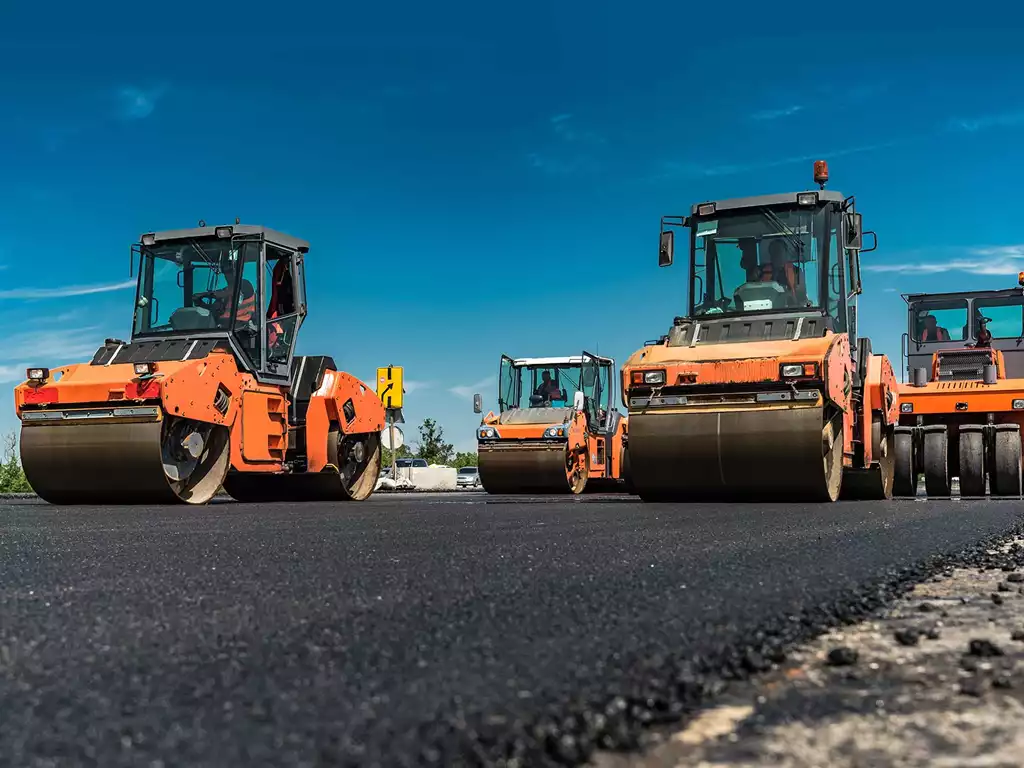The compaction of earth and surfaces is a critical element of construction projects, forming the foundation for stable and enduring structures. Whether preparing a roadbed, laying foundations, or readying a site for heavy structures, achieving the right soil density is essential. Poor compaction can lead to uneven surfaces, structural instability, and costly failures, underscoring the importance of selecting the appropriate roller compactor for each task.
This article explores the different types of roller compactors available and their specific applications, guiding contractors towards making informed decisions when hiring compactors for their projects.
The Role of Roller Compactors
The primary function of a roller compactor rental is straightforward: to reduce voids in the soil and increase its density. This is achieved through the application of weight, vibration, or impact, which brings soil particles closer together, eliminating air pockets and enhancing stability. The choice of compactor depends on the type of soil, the scale of the project, and the desired compaction level.
Light Compactors
Light compactors are ideal for small-scale projects, especially those with limited working space. Commonly used for home improvement and minor renovations, these compactors are cost-effective and widely available from equipment hire companies.
- Rammers (Tampers): Rammers are suitable for cohesive soils like clay and silt, which often contain high moisture levels. Their high-impact force efficiently removes air pockets, making them perfect for compacting narrow spaces like trenches and ditches where larger machines cannot operate.
- Plate Compactors: Designed for granular soils such as sand and gravel, plate compactors use a vibrating metal plate to achieve surface compaction. They are ideal for compacting larger areas quickly, making them particularly useful for road-building projects or asphalt layers.
Heavy Compactors
For large-scale projects requiring extensive coverage, heavy compactors are indispensable. These machines are equipped with heavy vibrating drums capable of compacting a variety of soil types and materials.
- Uses: Heavy compactors are commonly employed in constructing highways, large building foundations, and expansive areas like car parks. Their capacity for high-density compaction makes them the go-to choice for projects demanding durability and stability.
Matching Compactors to Projects
Selecting the right compactor can save time, reduce costs, and ensure optimal results. Contractors should consider the following factors:
- Soil Type: Different compactors are designed for specific soil types. Cohesive soils require high-impact force, while granular soils benefit from vibration-based compaction.
- Project Scale: Small-scale projects can utilise light compactors, while heavy compactors are better suited for extensive construction efforts.
- Accessibility: Narrow or confined spaces may necessitate compactors with smaller footprints, such as rammers.
The Importance of Expert Guidance
Before hiring a roller compactor, consulting with equipment rental professionals is advisable. Their expertise can help identify the most suitable machine for the job, avoiding costly trial-and-error approaches. Selecting the wrong equipment can lead to inefficient compaction, project delays, and increased expenses.
Conclusion
Roller compactors play a vital role in construction, enabling contractors to achieve the stability required for long-lasting structures. Understanding the types of compactors available and their applications ensures that each project receives the best possible treatment. By leveraging the expertise of rental professionals and selecting the right equipment, contractors can optimise their compaction processes, reduce costs, and deliver high-quality results.



